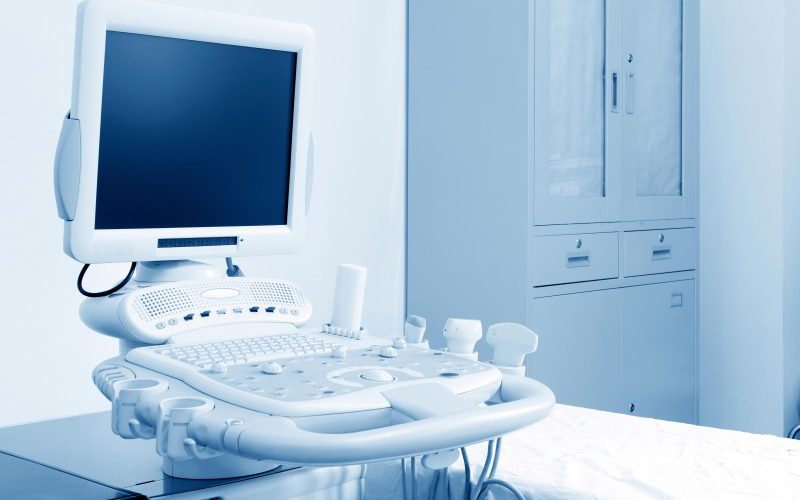Helicobacter pylori (H. pylori) is bacteria that is found in the digestive tract of approximately half of the earth’s population. It is most likely present in the body since early childhood. For many people, there are no problems associated with the bacteria being present, but for others it can lead to issues with gastritis and peptic ulcers over time.
The human body cannot fight off the H. pylori bacteria because they are able to burrow into the lining of the stomach. In this location, they are surrounded by the mucous cells in the stomach, effectively shielding them from the immune systems that would normally destroy the bacteria. At the same time, they are producing neutralizers to the stomach acid, which leaves areas of the lining vulnerable to damage.
The Importance of Testing
There are typically no specific symptoms for an H. pylori infection. However, many people will have general systems of gastric problems such as bloating, nausea, weight loss, bad breath or excessive gas.
Most suspected H. pylori infections will be confirmed with an endoscopy to collect samples from the stomach lining. By using a helicobacter pylori test kit along with the images from the endoscopy procedure, it is possible to diagnose the condition in about an hour.
In fact, with many of the top helicobacter pylori test kit systems, a positive will be present in about fifteen minutes. However, not all tests on the market offer this, so be sure to look for the rapid urease test.
The helicobacter pylori test kit will come with everything required for the test. This includes the reagent test strips, the hydration reagent, the disposable reaction pouch or a reusable reaction chamber.


